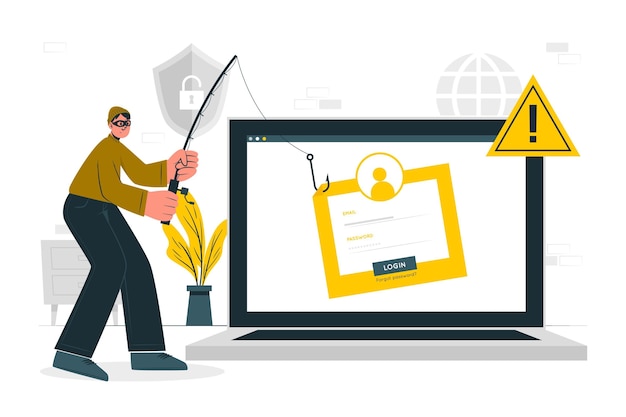If you’re planning to become a homeowner for the first time, beware! There are scammers waiting to trick you at every step of your journey, from applying for a mortgage to getting a home inspection. But it’s not just would-be homeowners who need to be vigilant. Current homeowners looking to sell or refinance their homes can also fall victim to real estate scams. Commercial property owners, buyers, and even renters aren’t safe either. Basically, if you’re involved with property in any way, you’re a potential target for real estate scams. That’s why it’s so important to know what to look out for and how to protect yourself.
Here’s a rundown of common real estate scams and how they work:
- The "We Buy Houses" Scam:
Those flyers or postcards you see advertising "We buy houses" or "We buy ugly houses" for cash might seem tempting, especially if you’re in a hurry to sell, but be careful. These offers are usually much lower than what your house is really worth. Some scammers will offer a seemingly high price but then sell your contract to someone else for a fee. The deal usually falls apart, leaving you with nothing.
To avoid this scam, look for a reputable company with a proven track record. Check the company’s offer against your home’s real value and ensure you get a significant nonrefundable deposit upfront.
- Foreign Cash Buyer Scam:
In this scam, a supposed foreign buyer sends you a cashier’s check for a down payment but then asks you to wire back the difference because they "accidentally" overpaid. The catch? The check is a fake and you lose the money you wired back.
Watch out for red flags like someone wanting to buy your house sight unseen or asking to wire transfer money.
- Home Inspection Scam:
A home inspection is crucial when buying a home. However, some "inspectors" aren’t qualified and may even deliberately hide problems or inflate their fees.
Do your research before hiring an inspector. Make sure they’re certified, licensed, and insured.
-
Escrow Wire Fraud:
Scammers posing as representatives from your title or escrow company might trick you into wiring your earnest money to a fake account. Always double-check any wire instructions you receive. -
Rental Scam:
Scammers may post fake rental listings or hijack real listings to trick you into paying an application fee, a deposit, or the first month’s rent for a property that doesn’t exist or isn’t theirs.
Be suspicious of listings with prices that seem too low, owners who can’t meet in person, or demands for cryptocurrency payment.
- Moving Scam:
Shady moving companies might charge much more than their initial estimate, or not show up at all after taking your deposit.
To avoid this, work with reputable movers, get multiple quotes, and read contracts carefully.
- Foreclosure Relief Scam:
Scammers may promise to help you avoid foreclosure for an upfront fee, only to leave you worse off than before. In the worst cases, they may convince you to sign your home deed over to a leaseback company.
Remember, it’s illegal for any company to charge an upfront fee for mortgage relief.
- Loan-Flipping Scam:
This scam involves convincing homeowners to repeatedly refinance their home loans, leading to high payments and little home equity.
Be wary of unsolicited refinancing offers, especially soon after you’ve just refinanced.
- Home Mortgage Scam:
Unscrupulous lenders may offer predatory loans with excessive interest and fees, prepayment penalties, or balloon payments.
Only work with reputable lenders and read all paperwork carefully.
- Title or Deed Fraud:
In this form of identity theft, fraudsters forge a deed to your property in their name, allowing them to borrow against your home equity or even sell your property without your knowledge.
This scam is rare and usually targets unoccupied properties. Keep an eye on your credit score and regularly check your property’s title at the county deeds office.
Knowing how to spot these scams and what to do if you fall victim to one is crucial. Always be suspicious of unsolicited offers, lack of documentation, unprofessional behavior, high-pressure tactics, unrealistic offers, last-minute changes, and demands for untraceable payments. If you do fall victim to a scam, report it to the relevant authorities as soon as possible.
